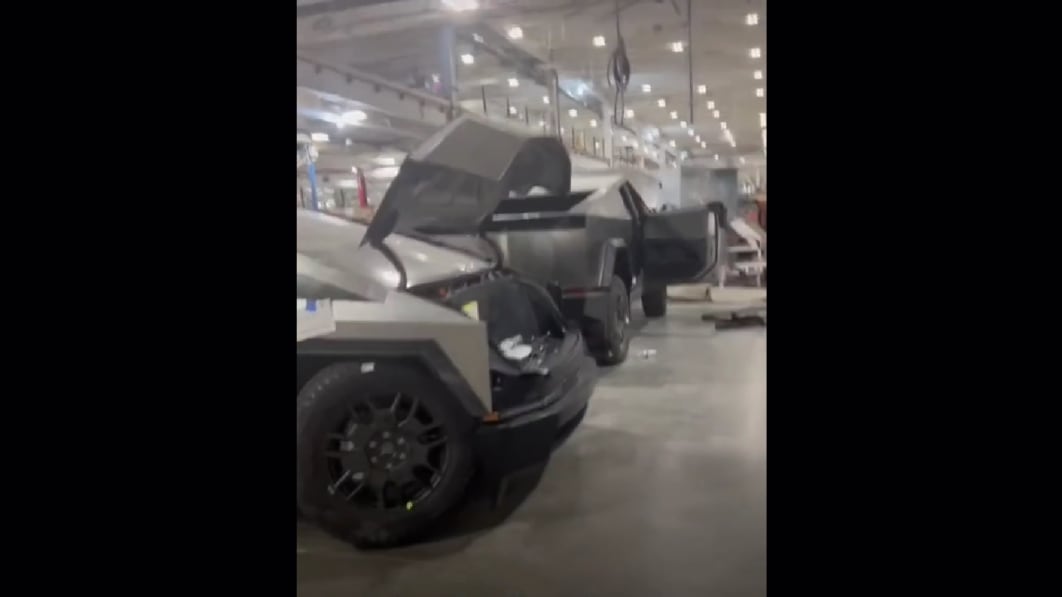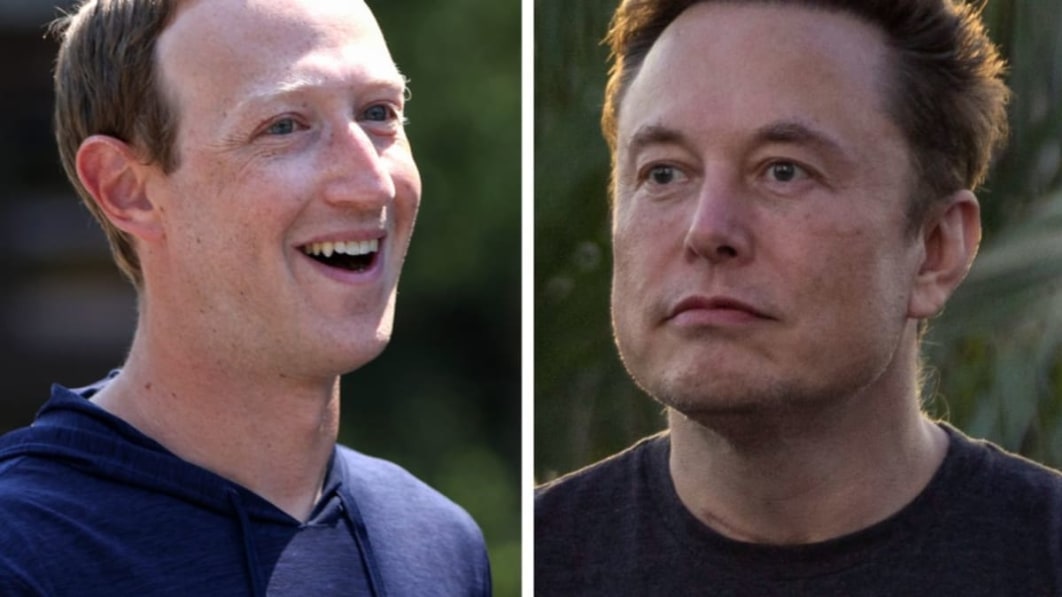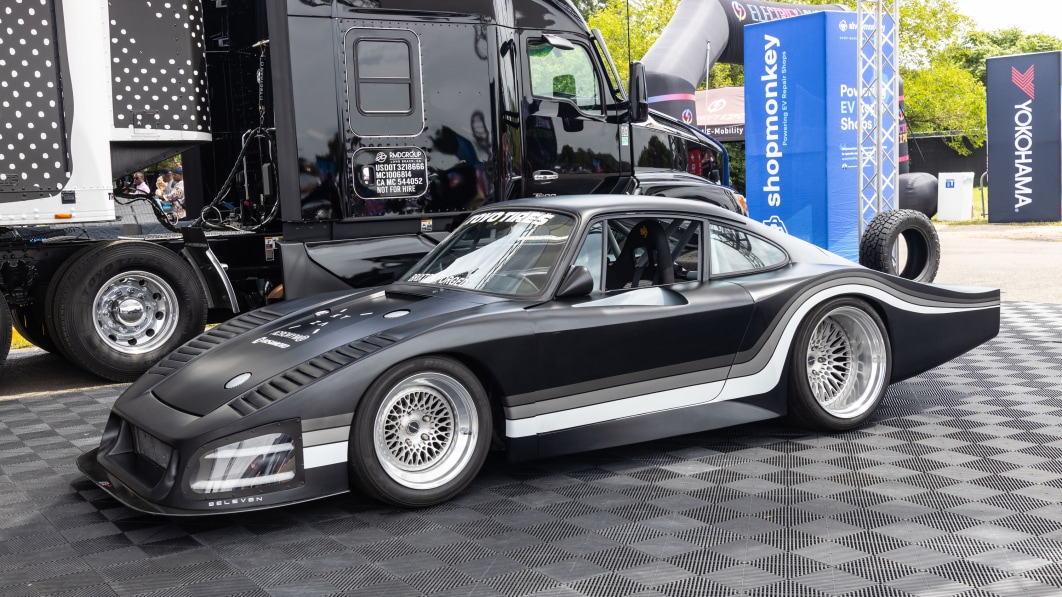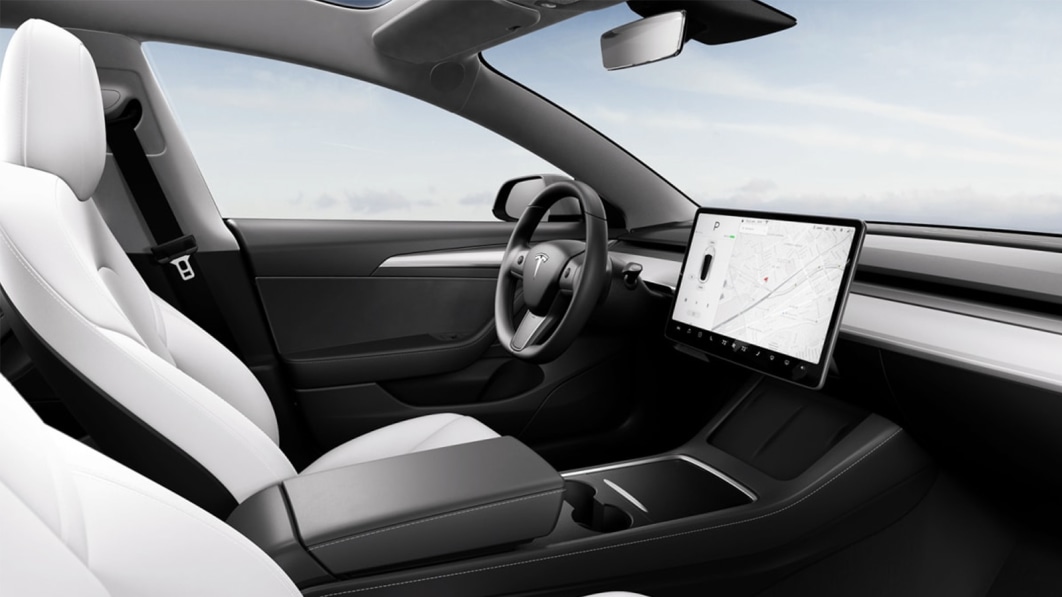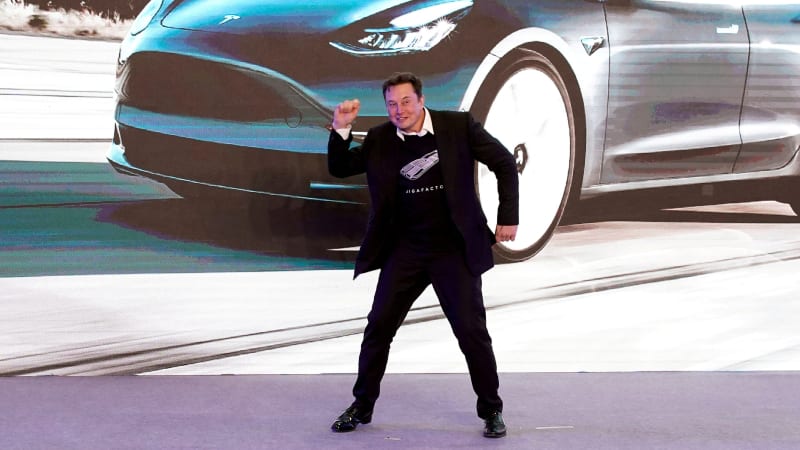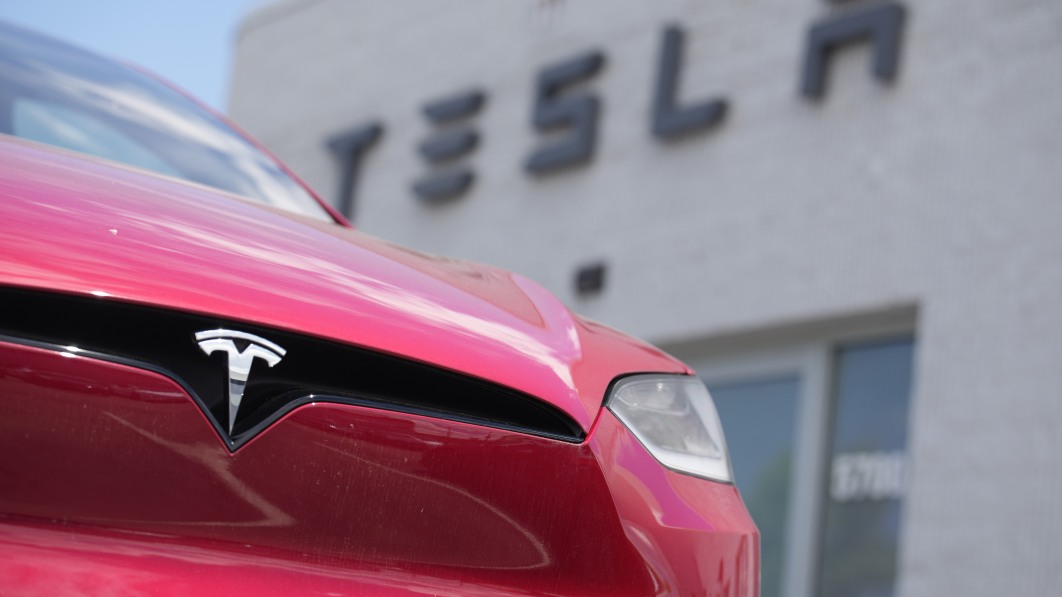In the Chinese BEV market, Tesla's share was 7.46 percent in July, down from 16.53 percent in June, but up from 2.34 percent a year earlier.
The post Tesla delivers 31,423 vehicles in China in Jul, exports 32,862 from Shanghai plant appeared first on CnEVPost.
For more articles, please visit CnEVPost.

